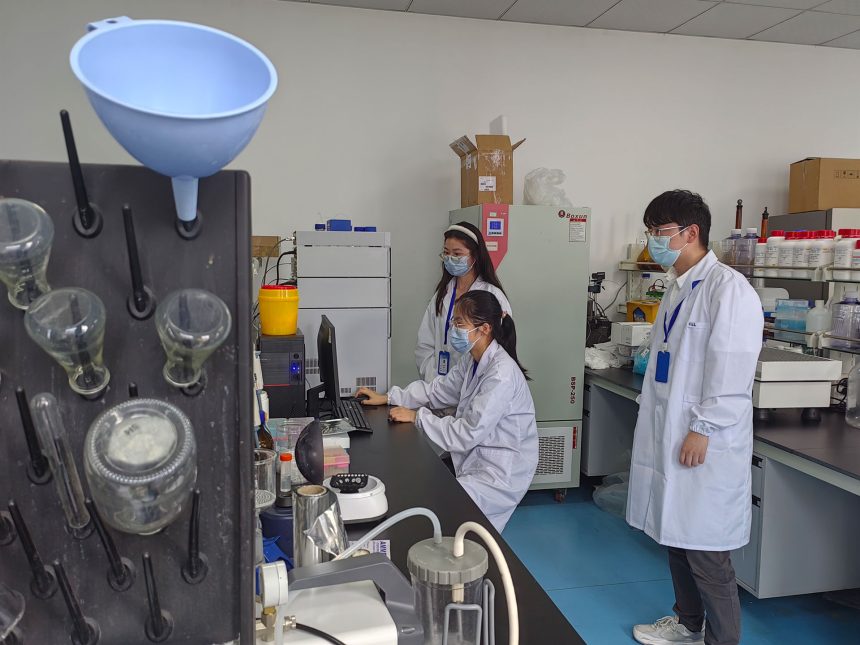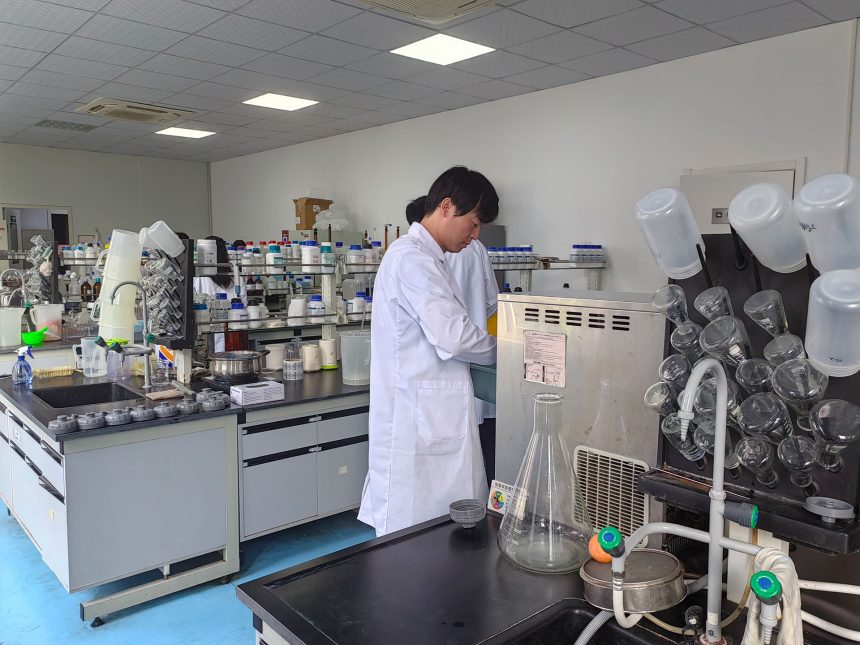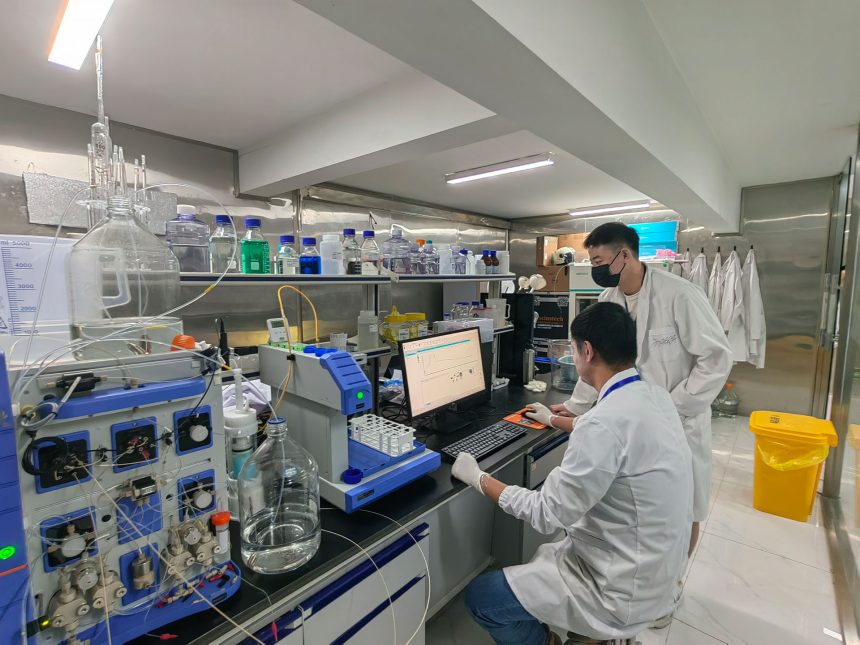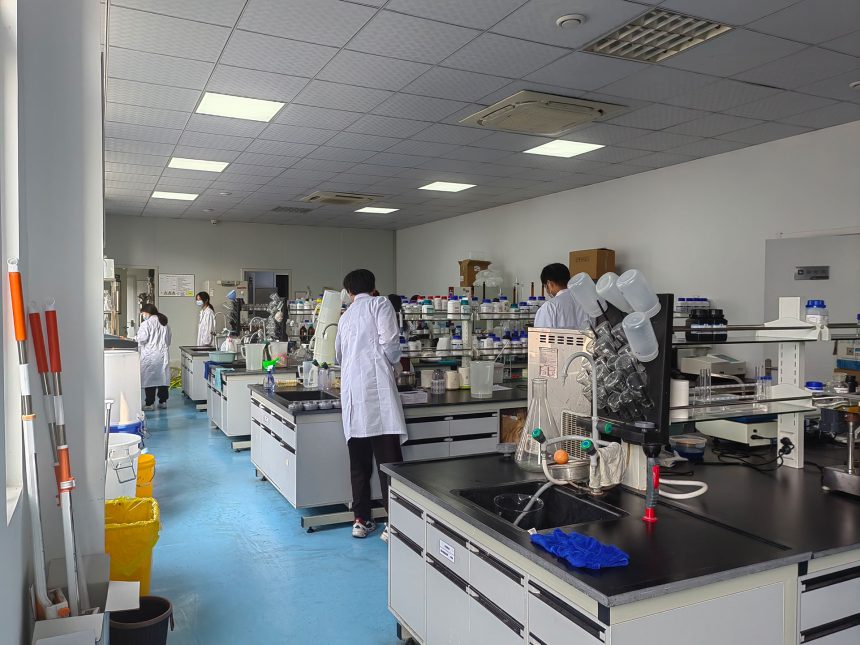A Study of IgY Antibody’s Effect on Helicobacter pylori In Vitro and In Vivo
The neutralization of Helicobacter pylori’s toxic proteins via oral IgY antibody formulations aims to eradicate H. pylori infection. The method involves cultivating H. pylori strains positive for vacuolating toxin genes, then immunizing egg-laying hens with the concentrated supernatant and ultrasonically lysed bacterial proteins. Two types of IgY antibodies extracted from eggs were tested for their neutralizing activity against H. pylori toxin cytotoxicity using the MIT method. These IgY antibodies were administered orally to H. pylori-infected mice every two days, three times in total. The mice were euthanized at 2, 4, 6, and 8 weeks post-treatment for bacterial culture, urease tests, and pathological examinations. The results showed that both types of IgY antibodies could neutralize the cytotoxic activity of the cultured supernatant and bacterial proteins induced in Vero cells. Post-treatment bacterial culture conversion rates in infected mice reached 66.7%, 100%, 100%, and 100%, respectively. Histological sections indicated a significant reduction or even disappearance of inflammation. In conclusion, oral administration of IgY antibody formulations may be an effective method for treating H. pylori infection.

Helicobacter pylori (H. pylori) is recognized as a significant pathogen in various upper gastrointestinal diseases, contributing to chronic gastritis and peptic ulcers, and is closely associated with the incidence of gastric cancer. H. pylori produces a variety of cytotoxins that can induce vacuolar degeneration in vitro in propagated epithelial cells and inflammation and ulcers in the gastric mucosa in vivo. The current treatment for H. pylori infection involves antibiotics combined with proton pump inhibitors or bismuth drugs, which often leads to significant side effects, potential for resistance, high costs, and poor patient compliance, resulting in treatment failure. This article discusses neutralizing H. pylori’s toxic proteins through oral antibody formulations to treat the infection.
IgY antibodies derived from chicken eggs possess biological properties different from IgG, such as not fixing complement from mammals, not binding with Fc regions, and not reacting with rheumatoid factors in serum. Notably, IgY demonstrates remarkable resistance to heat and acidity, excellent stability, and ease of preparation with convenient sourcing. Consequently, we have prepared IgY antibodies against the ultrasonic lysates and cultured supernatants of H. pylori to study their neutralizing effects on the cytotoxicity of H. pylori and their therapeutic impact on H. pylori-infected mice.
Source: Chinese Journal of Microbiology and Immunology, January 2002, Volume 22, Issue 1








